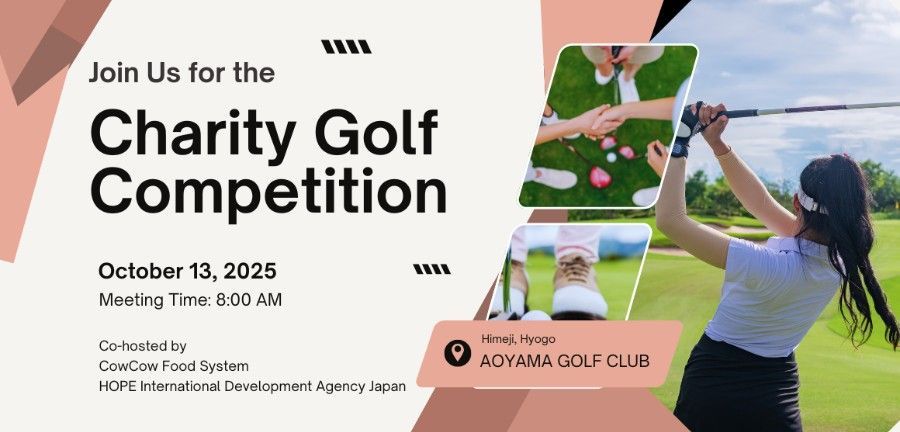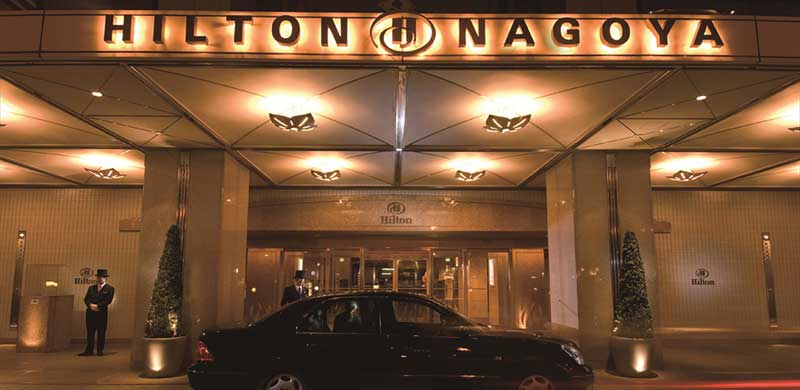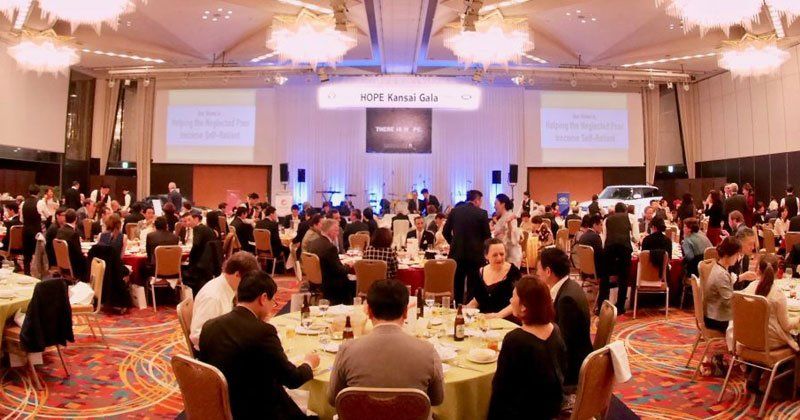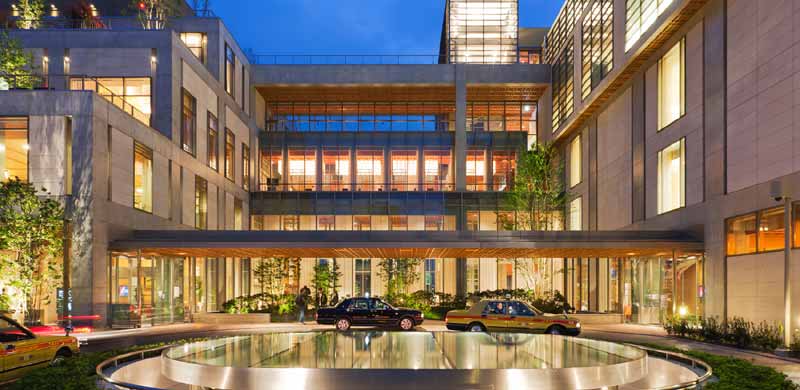Update: Helping neglected communities become self-reliant
Our "Women's Empowerment through Community Participatory Water Supply System," which is a 34-month project in Oyda, Ethiopia, began in 2021 and is funded by the Ministry of Foreign Affairs' Grant Assistance for Japanese NGO Projects, will soon reach the end of its first year cycle.
Previously, we have been implementing projects aimed at improving access to water and health, but this time, we are going a step further, that is, to improve the lives of women.
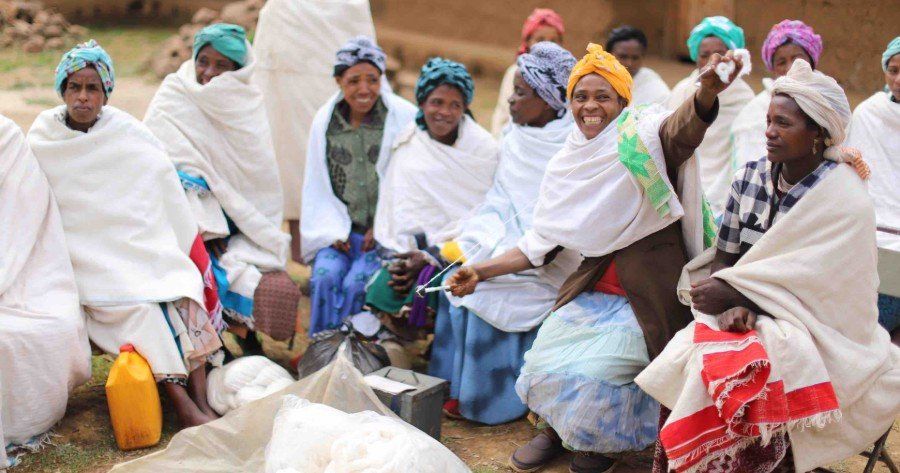
Women in local communities are burdened with the task of fetching water and household chores every day, and therefore they have no time or opportunity to work and earn income. Through a survey conducted at our project sites, we learned that many women are poor not only because they do not have jobs, but also only 1% of women had some savings and no one had a bank account. It was also found that 90% of women have suffered physical abuse and discrimination from the men in their communities.
This project constructs several "Water Points" in the community, freeing women from the task of fetching water. And with the time freed from this daily chore, training on the concept of savings and entrepreneurship are given to the women over the course of two years. The women form groups of 20 people per group called Self Help Groups (SHG), and they work together to save money. Eventually, each woman will start a small business by taking loans from their group savings and aim for financial independence. We believe that women's empowerment and a reduction in their discrimination will improve their livelihoods as well as their standing in the community and ultimately lead to the development of their communities.
This month, we would like to share with you the voices of these women.
List of Services
-
Tesfanesh of Uba YambalaList Item 1
Tesfanesh of Uba Yambala has been very positive about improving the lives of her family since joining an SHG group.
"Previously, I had no habit of saving money, my husband's income from our farm was very small, and when I wanted to buy clothes and school supplies for my children, we had to reduce our meals, which was very tough, but now my business of selling chicken eggs is going well," she said. "I was able to buy clothes for my children from this income. I paid off my first and second loans, and with the third loan, I started growing vegetables. The vegetables also provide nutrition for the family. Many members of my group and their families used to be able to eat meals only twice a day, but now, thanks to the added income from the SHG program, they can eat three times a day."
-
Asenakech of Kale MaloList Item 2
Asenakech of Kale Malo is a popular member of her community who, after the initial training sessions on the SHG program, took a loan from her relatives without waiting for savings in her group to build and started a small business ahead of her peers.
"I used to get up early in the morning and go out to fetch water from far away, but since I can access water within five minutes from my house now, I have time to go to the market instead," she said. "I make at least eight trips to the market in a month to trade coffee beans. In the first month, I made about 300 birr, but two months later, I made 500 birr."
-
Meselech of BealtaList Item 3
Meselech of Bealta grew up in a poor family and was forced to drop out of school.
"The SHG training has motivated me to build a small business and go to college," she said. "I am very happy to be part of this project. I think that if I work harder, I will definitely be able to earn more."
-
Burti of BealtaList Item 4
Burti of Bealta grew up in a poor family and did not receive an education due to a lack of understanding from her family and the community.
"I started selling kocho (a local fermented bread) in the local market," she said. "I will improve the lives of my family and help my children get the education they need. Above all, I want to work with my community to encourage women and girls to finish their education."
We look forward to sharing with you how their lives will be transformed in the next two to three years.

